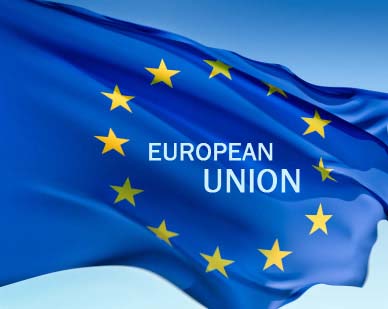EU seeks to boost civilian help to Afghanistan, condemns bombing
 Stockholm - The West should work with the Afghan people, "not bomb them", French Foreign Minister Bernard Kouchner said Saturday ahead of European Union talks on how to boost the bloc's civilian help to the war-torn nation.
Stockholm - The West should work with the Afghan people, "not bomb them", French Foreign Minister Bernard Kouchner said Saturday ahead of European Union talks on how to boost the bloc's civilian help to the war-torn nation.
The informal meeting of EU foreign ministers in Stockholm was taking place a day after a NATO airstrike targeting two Taliban-hijacked oil tankers killed some 60 people, including civilians, in Kunduz.
The incident took place in an area of northern Afghanistan controlled by German forces, adding pressure on the German government amid strong domestic opposition to the Afghan war.
"Friday's bombing "was a big mistake," Kouchner said. "We have to work with them, not bomb them," he said, stressing, however, that he would not point fingers until a thorough inquiry into the case had been completed.
"This was a great tragedy that should be investigated immediately," said EU External Affairs Commissioner Benita Ferrero-Waldner, echoing remarks made by several ministers present in Stockholm.
The bombing risked overshadowing Saturday's talks on how the EU can help re-build Afghanistan's infrastructure and institutions, and secure its borders.
A discussion paper penned by the Swedish presidency of the EU and distributed to ministers calls on the 27-member bloc to help build railways, crack down on drug barons, improve the coordination of international aid and use its own experience in the Balkans to stop Pakistan-based Taliban insurgents from crossing the border into Afghanistan.
Above all, Europe and the West must realize that improving Afghan security cannot succeed by military means alone, the paper states.
"This is one of the poorest countries in the world," Kouchner said. We must "offer them projects under their supervision, their lead, to develop their country."
EU officials conceded in Stockholm that this would not be easy.
Asked whether Hamid Karzai could lead a new government despite allegations of vote-rigging in last month's presidential vote, the EU's foreign policy chief, Javier Solana, said: "We have to wait and see the result of the two (election) committees" investigating the matter.
"In any case, I think the sooner we have a new government in place, the better," said Solana, adding that the EU would like to see a government that is able to engage and cooperate with the international community.
Meanwhile, the EU's police training mission in Afghanistan continues to be marred by shortfalls. Of the 400 trainers that have been requested, only 265 are currently in place, diplomats note.
The working document also calls for an international conference in Kabul on improving coordination between Afghans and the West, to be organized as soon as possible after the new Afghan government is in place.
But, as Ferrero-Waldner conceded, "it is far too early for that." (dpa)
